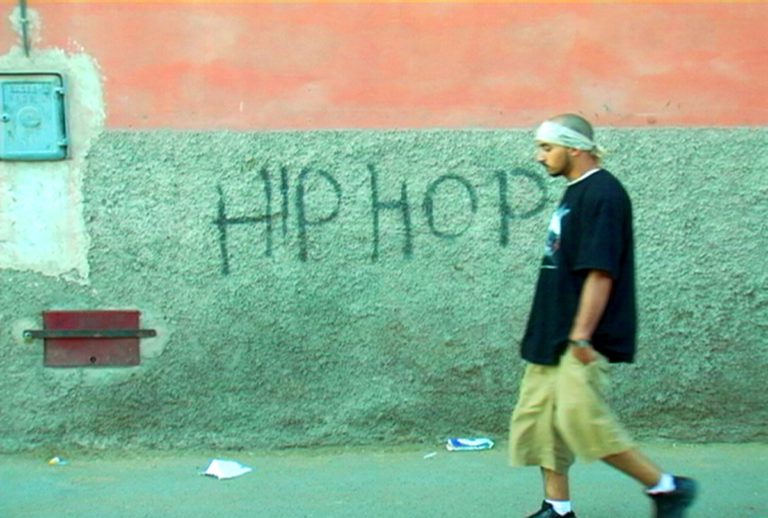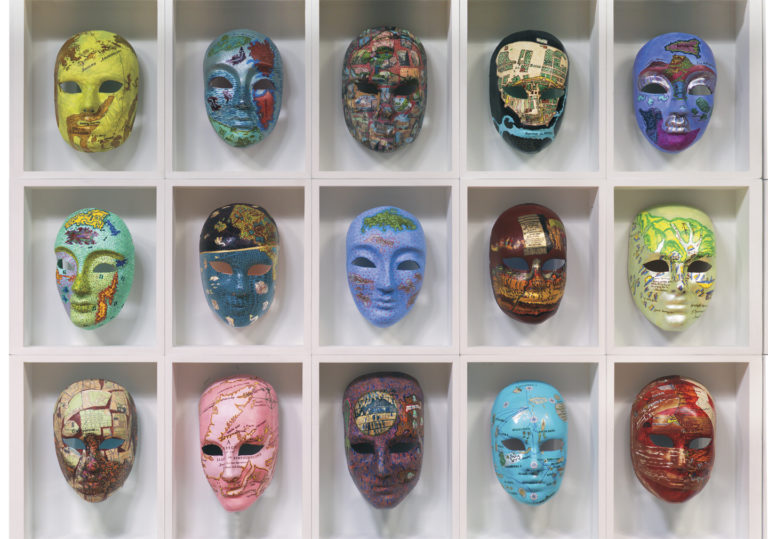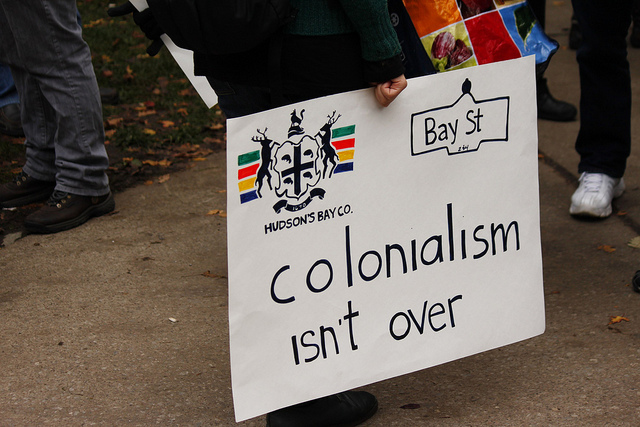Editors’ introduction to Issue 5.1. Includes an overview of articles in this issue, editorial announcements, and call for book review editor.
Issue 5.1 (Spring 2016)
“A Black Man Replies”: Claude McKay’s Challenge to the British Left
Anne Donlon delves into the history of the British Left after World War I to assert the significance of the Black and feminist interventions of Claude McKay and Sylvia Pankhurst. Donlon centers the publication of “A Black Man Replies,” McKay’s letter to the editor published in Pankhurst’s newspaper The Worker’s Dreadnought, against white supremacist logics mobilized by prominent 1920s leftists that contributed to the reestablishment of policing of and violence against black men. Donlon’s archival discoveries weave together biography, material cultural analysis, and histories of trans-Atlantic activism, and, in the process, reveal the labor of building radical intersectional solidarity that came before and followed the moment of “A Black Man Replies.”
From ‘Hip Hop Revolutionaries’ to ‘Terrorist-Thugs’: ‘Blackwashing’ between the Arab Spring and the War on Terror
Rayya El Zein takes up a global analysis of how ideas of blackness, whiteness, and Arabness circulate in post-9/11 media accounts and argues that these concepts work to mediate Western understanding of politics in the Arab world. El Zein unpacks the paradox by which blackwashing is differentially deployed to mark certain Arab subjects as a “good rapper” or a “bad rapper,” and how both of these valences serve to expand neoliberal orientalism through the political familiarity promised by blackness. As an alternative, El Zein suggests attention to the material, historical, and geographic specificities of the power struggles that structure racial capitalism, classism, and racism, especially and essential because of their potential international unrecognizability.
Informatic Labor in the Age of Computational Capital
Jonathan Beller expands conversations about the role of the digital and the digital humanities through attention to the mechanisms by which the digital image is instrumental in neoliberal capitalist accumulation and colonialism. Beller argues that the digital image itself exploits the attentive labor of those who see it, organizes profitable patterns of spectatorship, and links communication directly to financial speculation. Through scrutiny of examples that attempt to disrupt the profitable, algorithmically-capitalized flow of data and attention through the interface of the screen, Beller’s article makes a pointed critique of the ways that fascism manifests in and might be combated via digital economies.
Mixing and Mingling Queerly: The Activist Sociality of Mentoring in the Personal Narratives of Coloma and Lorde
Edward Chamberlain takes on the pressing need for mentorship for queer youth, in particular queer youth of color. Addressing a dearth in both studies on and commitment to the wellness and flourishing of queer youth of color in institutions of higher learning, Chamberlain turns to what is in some respects both a traditional and nontraditional archive of resources: personal narrative writing by queer people of color. Taking up both Audre Lorde’s Zami: A New Spelling of My Name and Roland Sintos Coloma’s “Fragmented Entries, Multiple Selves,” Chamberlain argues that the structural hybridity of these narratives serves as a formal model for a queer mentoring methodology, and delves into the texts themselves for examples of how to mentor queer youth of color in and beyond the academy.
Forum: Emergent Critical Analytics for Alternative Humanities
Forum Introduction: Emergent Critical Analytics for Alternative Humanities
Edited by Chris A Eng and Amy K King, this first of a two-part forum identifies and contemplates the emergent potential of four analytics for imagining alternative humanities. Structuring thought across disciplines, these analytics resonate strongly with the specific ways that cultural studies shifted, developed, and refined its ideas and focus: J. Kēhaulani Kauanui takes up settler colonialism; Kyla Wazana Tompkins, New Materialism; Julie Avril Minich, disability; and Jodi Melamed, institutionality.
“A Structure, Not an Event”: Settler Colonialism and Enduring Indigeneity
J. Kēhaulani Kauanui discusses the distinctive shifts toward examining Patrick Wolfe’s theory of settler colonialism as ‘a structure, not an event.’ Kauanui argues that a substantive engagement with settler colonialism also demands a deep rethinking of the associated concept of indigeneity–distinct from race, ethnicity, culture, and nation(ality)–along with the field of Native American and Indigenous Studies.
On the Limits and Promise of New Materialist Philosophy
Kyla Wazana Tompkins questions the structures informing claims of newness posed by discussions of “New Materialism.” She discusses the troubling ways in which these discourses, in turning toward the post- or non-human, can ironically reinforce assumptions about a universal human subject and elide considerations of gender, race, and power.
Enabling Whom? Critical Disability Studies Now
Advising against the potential ways in which scholarship might take up disability by fetishizing difference and reaffirming dominant models of able-bodiedness, Julie Avril Minich calls for work to be first and foremost accountable to people with disabilities: this means making knowledge accessible. In order for knowledge to be accessible, Minich stresses, the labor of accessibility must be addressed on an institutional level.
Proceduralism, Predisposing, Poesis: Forms of Institutionality, In the Making
Jodi Melamed reassesses the analytic of institutionality, which has largely been theorized as a dominant tool of the university in incorporating the emergent and muting the oppositional. In particular, Melamed identifies dominant discussions of institutionality that see global neoliberalism as a new, all-totalizing force. Instead, by reassessing the historical conditions of racial capitalism that make possible the ‘global,’ Melamed also excavates a genealogy of radical resistance that might allow us to rethink institutionality toward collective solidarity.
Neoliberalism, Racial Capitalism, and Liberal Democracy: Challenging an Emergent Critical Analytic
Response to Jodi Melamed, “Proceduralism, Predisposing, Poesis: Forms of Institutionality, In the Making,” published in Lateral 5.1. Aho pointedly argues that studies of institutionality all too often substantiate what she calls neoliberalocentrism, which readily posits neoliberalism as the singular paradigm into narrating a teleological development of history. Instead, she echoes Kim and Schalk to articulate ‘crip-of-color materialism’ as an analytic that thickens understandings about global structures of inequity and fissures within them.










